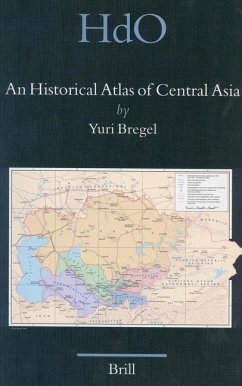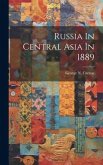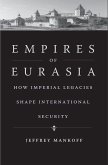For the Table of Contents click here. Yuri Bregel's "Atlas provides us with a bird's eye view of the complicated history of this important part of the Islamic world, which is closely connected with the history of Iran, Afghanistan, China, and Russia; at different times parts of this region were included in these neighboring states, and since 1991 five new independent states emerged in Central Asia: Uzbekistan, Turkmenistan, Tajikistan, Kazakhstan, and Kyrgyzstan. Covering the 4th century B.C. to the present, the maps show the various political entities, their approximate borders, the major ethnic groups and their migrations, military campaigns and battles, etc. Each map is accompanied by a text which gives a concise survey of the main events of the political and ethnic history of the respective period. With special maps on the distribution of the Turkmen, Uzbek, Qazaq, and Qirghiz tribes in the 19th-20th centuries, as well as the location of major archaeological sites and architectural monuments. The last map (Central Asia in 2000) shows existing gas and oil pipelines.








